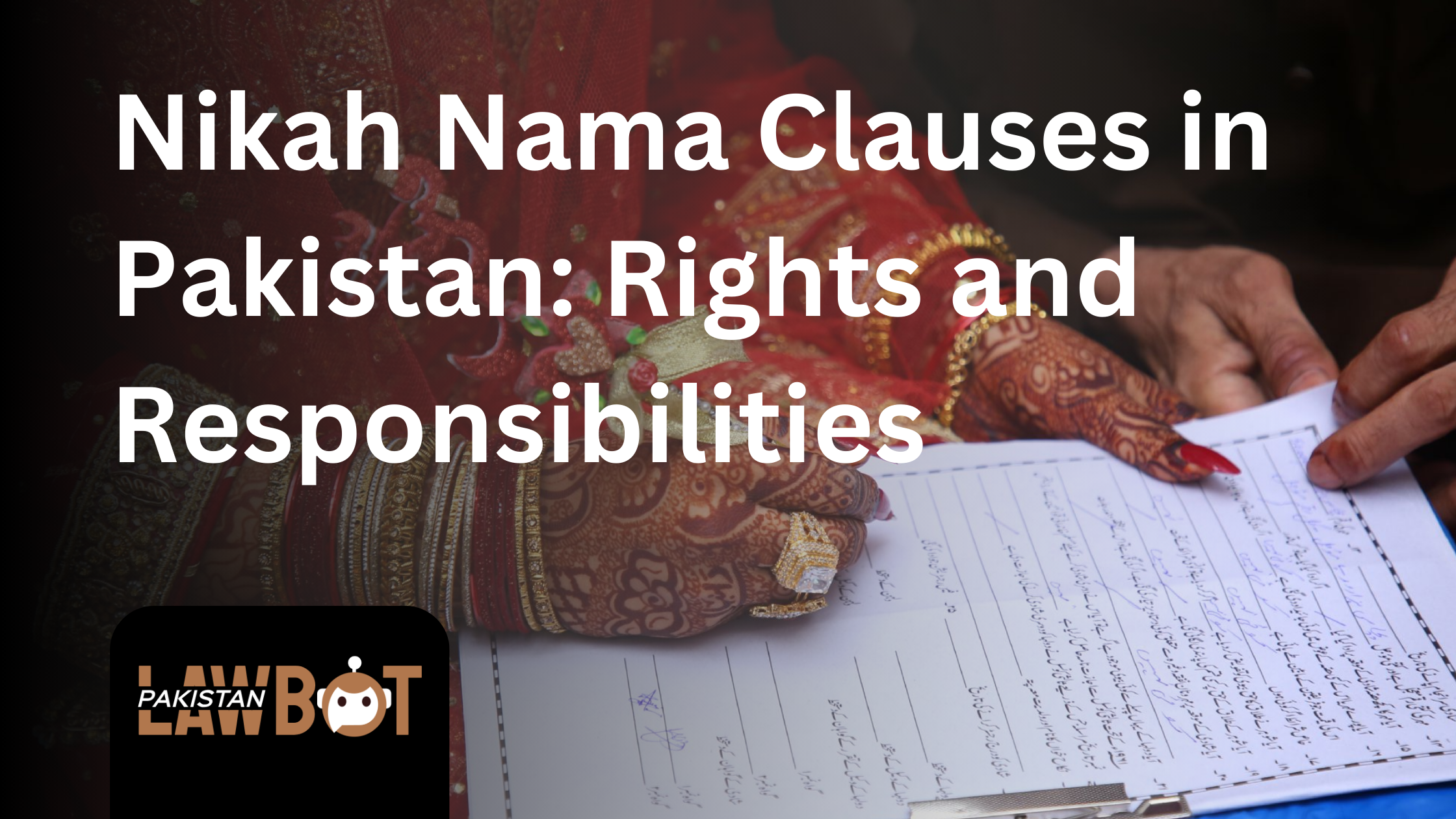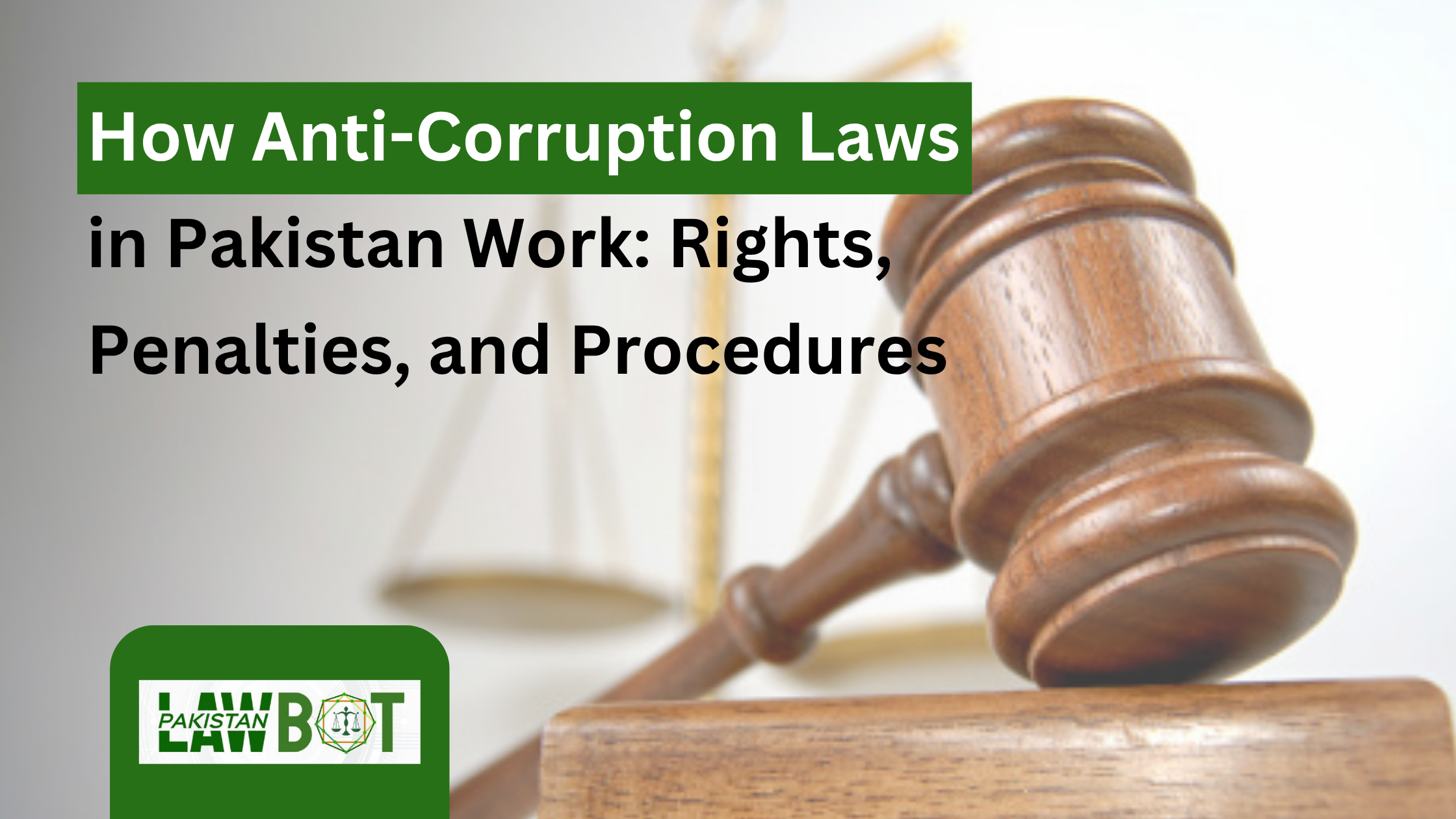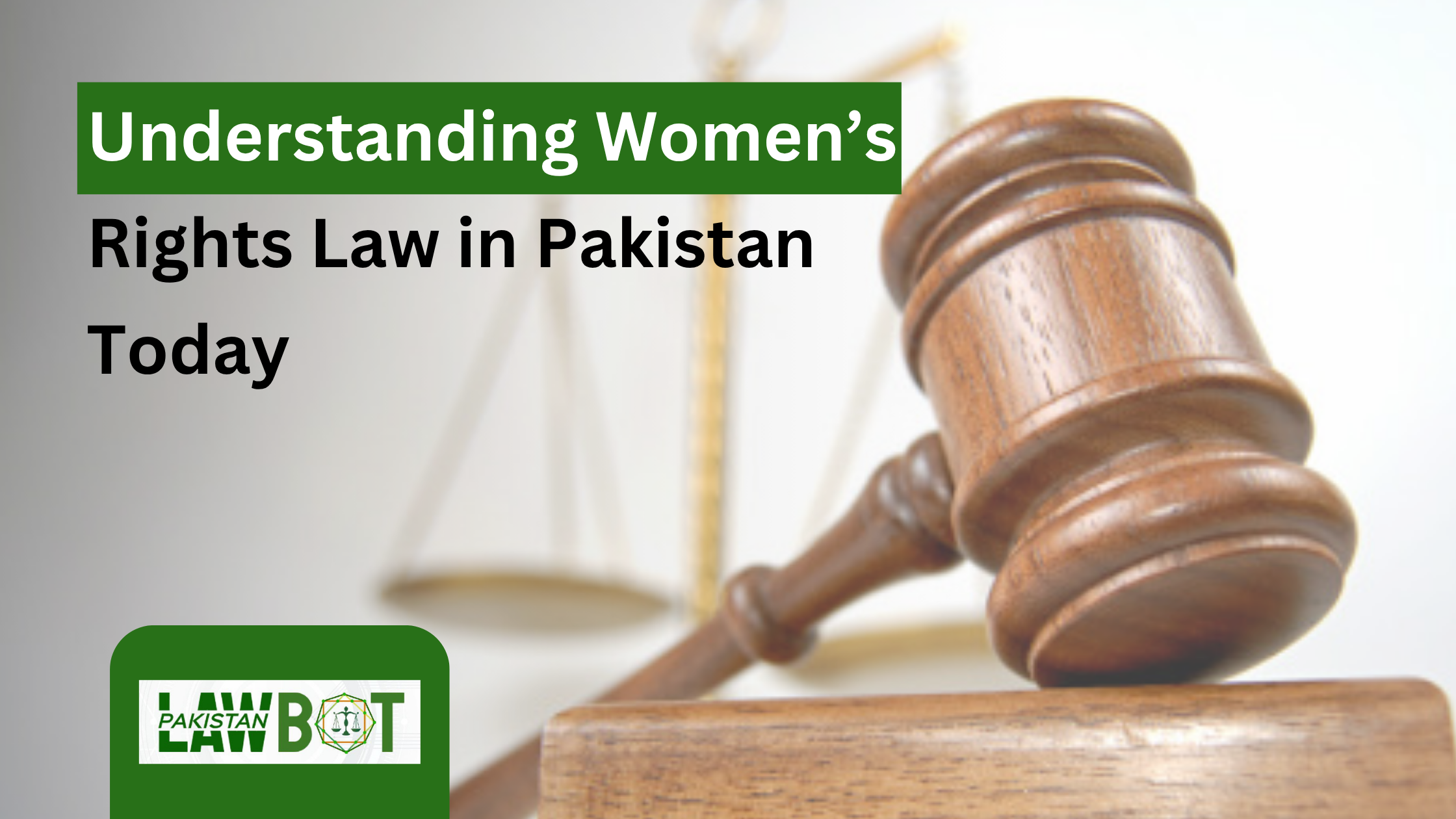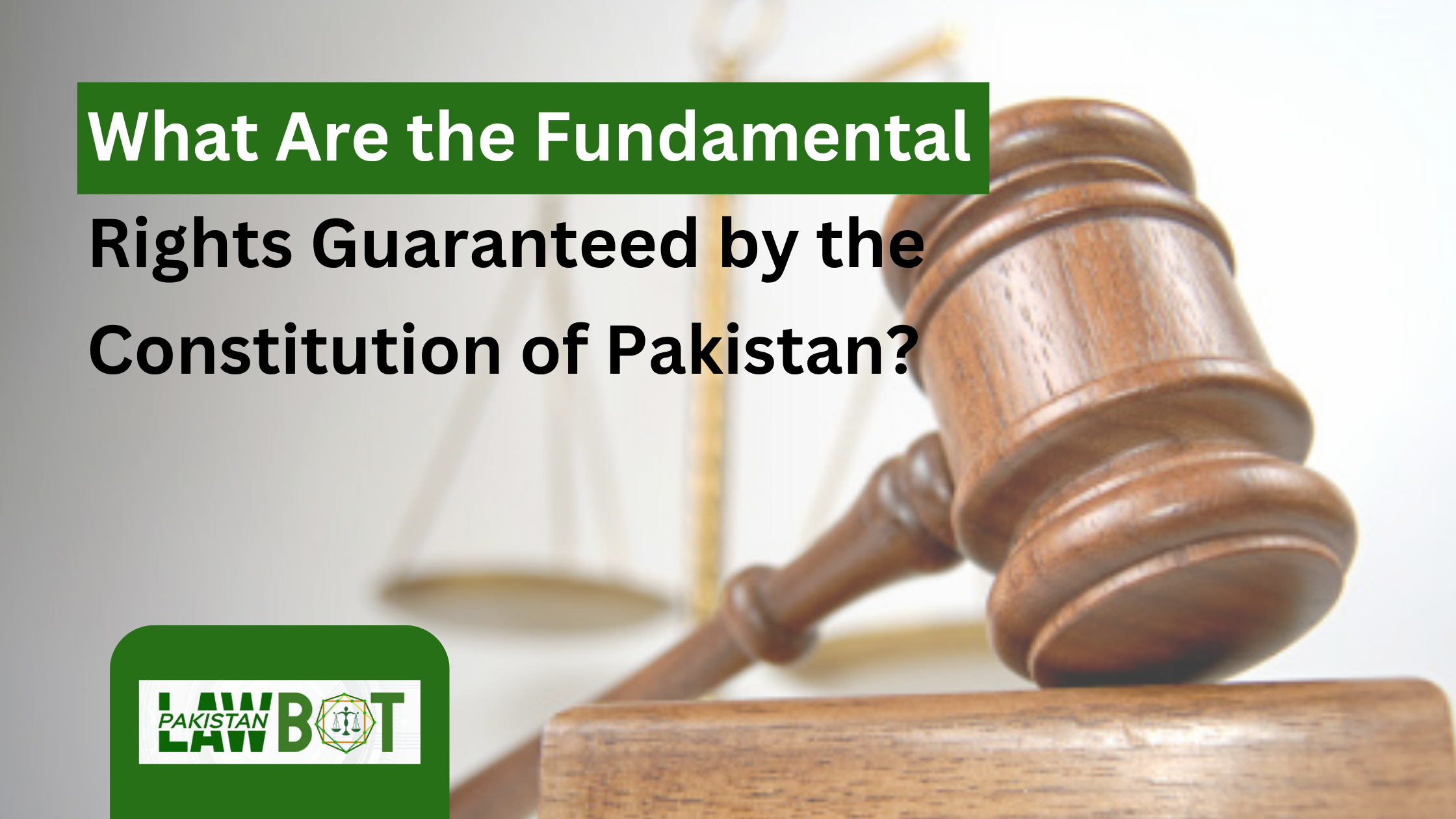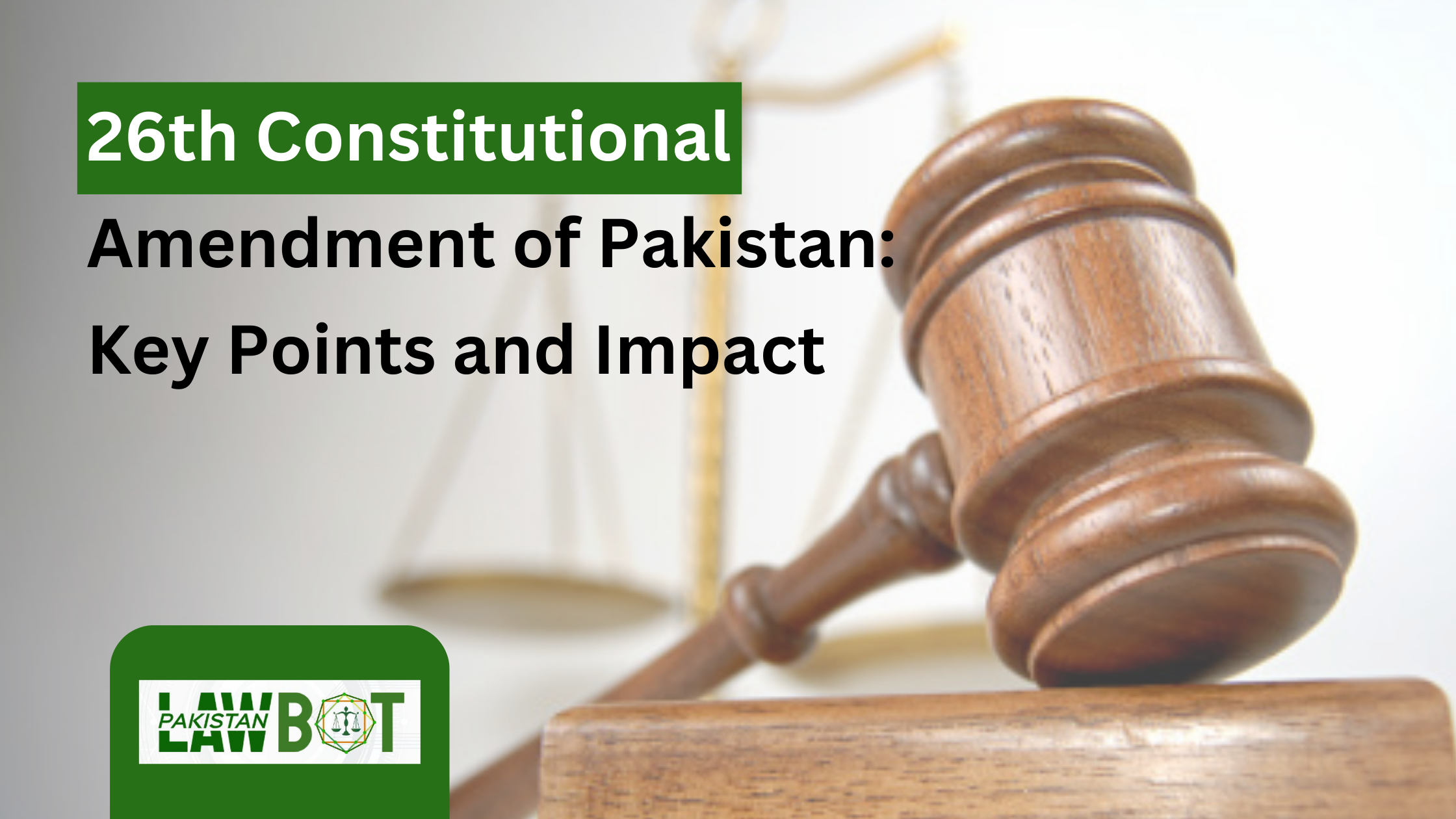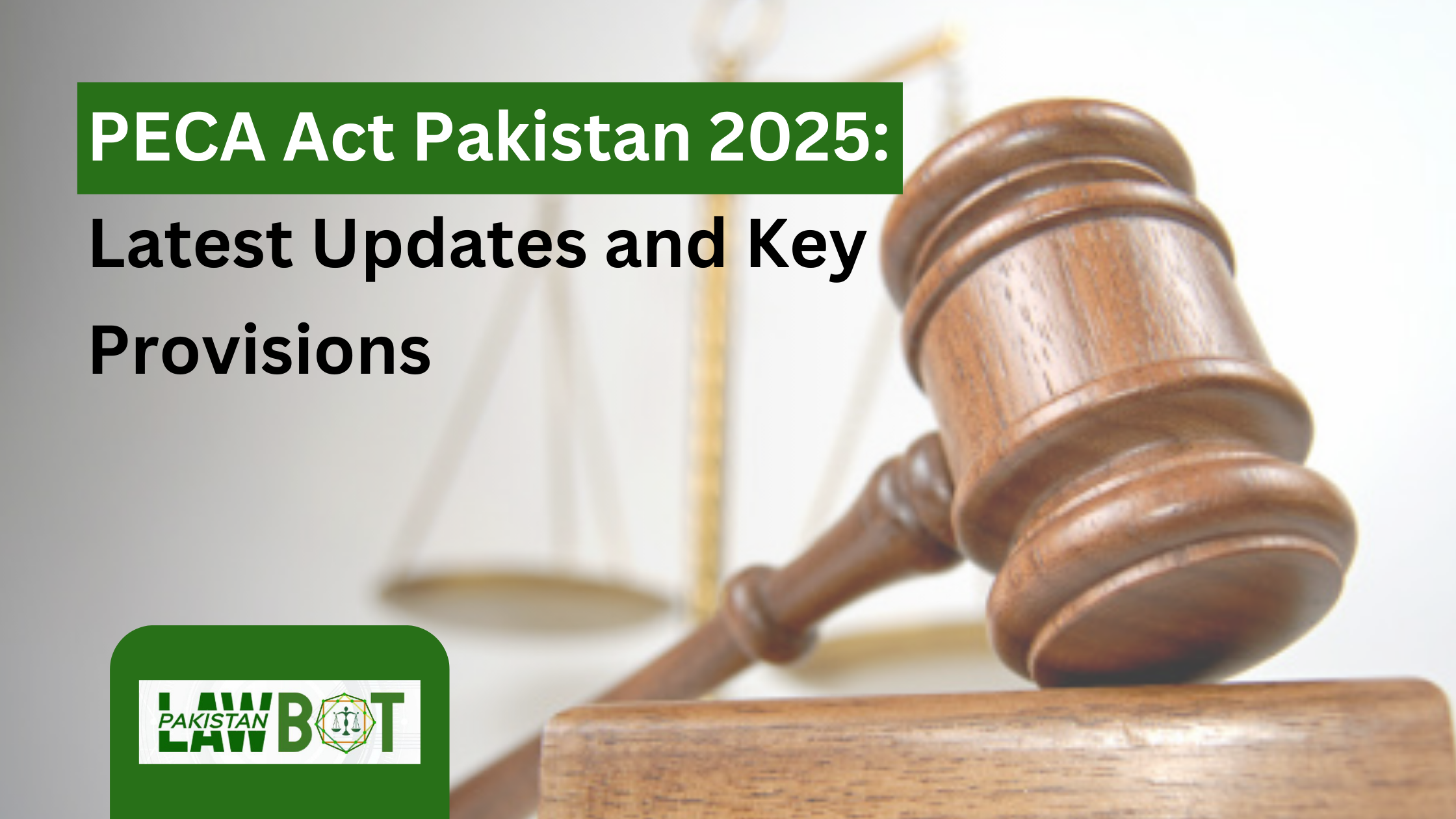Nikah Nama Clauses in Pakistan are pivotal in defining the legal framework of marital life, ensuring that both spouses understand their rights, responsibilities, and obligations. Whether you are about to enter into marriage or simply exploring the legal nuances of family laws, understanding these clauses can protect you from potential disputes in the future. In this comprehensive blog post, we will discuss the significance of a properly formulated Nikah Nama, frequently asked questions, and how resources like Pakistan Law Bot and Ai Law chatbot can help you navigate the complexities of Pakistan law. We will also provide an overview of emerging trends in 2024 along with a prediction for 2025.
Below, we delve deep into the important considerations, responsibilities, and legal aspects that every couple in Pakistan should be aware of when filling out the Nikah Nama.
1. Overview of Nikah Nama Clauses in Pakistan
In Pakistan law, the Nikah Nama is an official document that validates a Muslim marriage. It serves as a binding contract between the bride and groom, specifying terms and conditions to avoid ambiguity or conflict later on. Nikah Nama Clauses in Pakistan not only deal with the dowry (Haq Mehr) but also encompass rights of custody, financial support, and the obligations each spouse has toward the other.
Many couples overlook the importance of these clauses. However, from a legal perspective, ignoring or omitting crucial clauses can lead to future complications. Consulting a professional—be it a lawyer or an AI legal assistant Pakistan—can ensure that your Nikah Nama is comprehensive and robust.
2. Key Clauses and Their Importance
Filling out your Nikah Nama might appear straightforward, but overlooking certain clauses can have long-term consequences. Below are some of the most commonly discussed clauses in Nikah Nama Clauses in Pakistan:
- Clause Regarding Haq Mehr:
This clause specifies the amount of dowry promised to the bride, outlining whether it is immediate (mu’ajjal) or deferred (muwajjal). - Clause on Maintenance (Nafaqah):
This clause clarifies the groom’s obligation to provide financial support, covering essentials like food, shelter, and clothing. - Clause on Delegated Right of Divorce (Talaq-e-Tafweez):
In some cases, the bride is delegated the right to initiate a divorce under specific conditions. This is an optional clause but can be vital for safeguarding the bride’s interests. - Clause on Dower Items (Jahez):
Details any items or gifts given by the bride’s family, ensuring both parties understand the ownership and responsibilities for these items. - Clause on Guardianship:
Addresses future guardianship concerns, especially regarding children that may arise from the union.
Each clause serves as a layer of protection, ensuring both spouses fully understand their mutual obligations and rights. Lack of clarity can lead to disputes, which might require legal advice Pakistan to resolve.
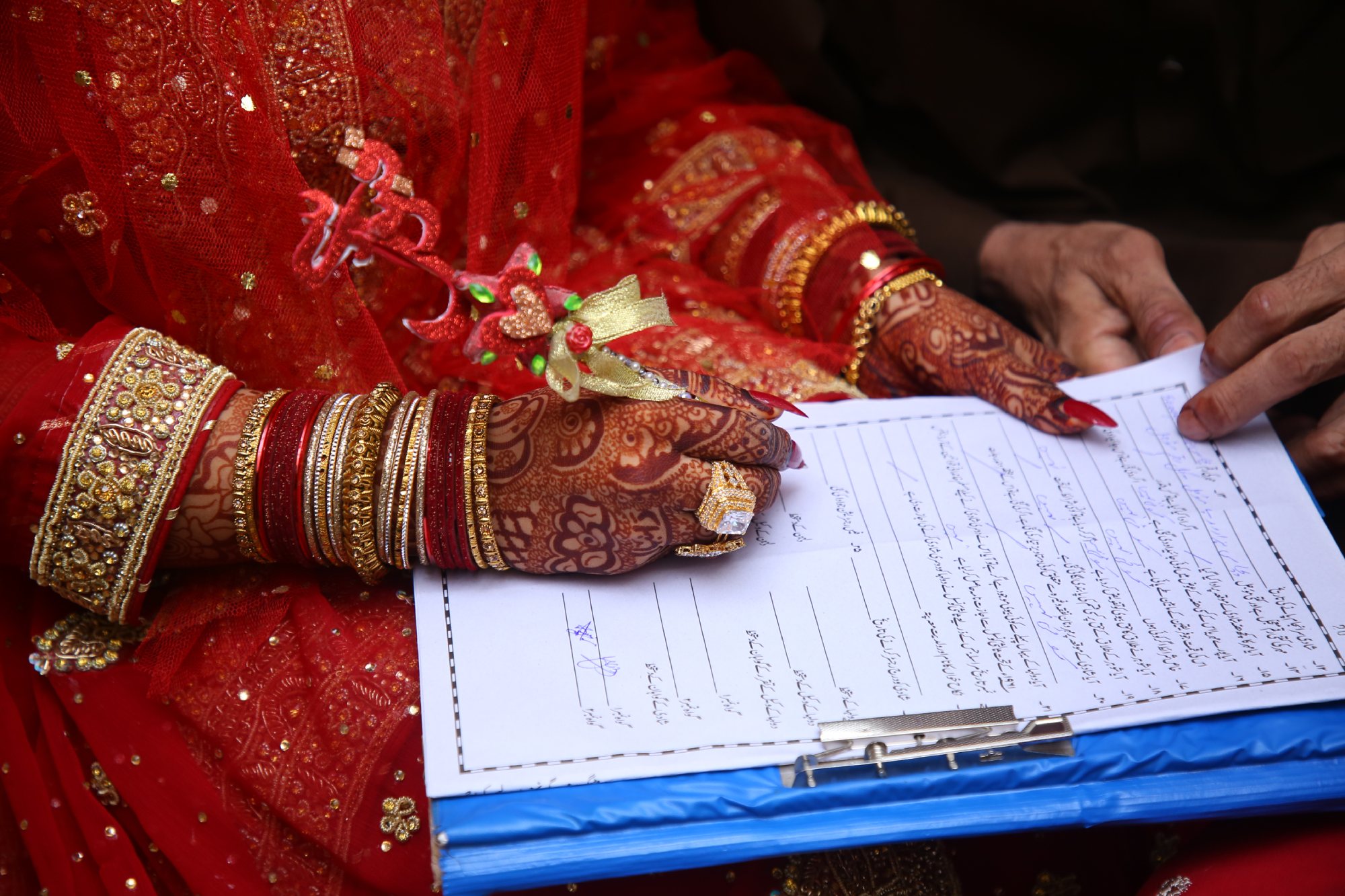
3. Rights and Responsibilities of the Bride and Groom
Rights of the Bride
- Right to Haq Mehr: Legally, the bride is entitled to receive Haq Mehr. This is an Islamic and legal requirement.
- Right to Maintenance: The bride has the right to be financially supported by her spouse.
- Right to Residence: The groom must provide a safe and suitable home environment.
- Right to Respect and Dignity: Both parties must treat each other with mutual respect, but culturally and legally, protecting the bride’s dignity is often emphasized in many households.
Responsibilities of the Bride
- Mutual Respect: She should respect her spouse’s rights and dignity.
- Managing Household (If Agreed): In many traditions, the wife may oversee household responsibilities, although this is negotiable and can be mutually decided.
- Fulfilling Clauses of Nikah Nama: She should comply with any clauses mutually agreed upon, such as ensuring child welfare.
Rights of the Groom
- Right to Respect and Affection: The groom deserves equal respect and affection.
- Right to Companionship: The bride is expected to uphold moral and ethical values in the marriage.
- Right to Family Cohesion: The groom can also specify conditions to maintain a harmonious family setup, in accordance with the Pakistan legal services guidelines.
Responsibilities of the Groom
- Financial Responsibility: Meeting all financial obligations for his spouse and any children.
- Shelter and Security: Providing a safe living environment.
- Fulfillment of Nikah Nama Clauses: Complying with additional clauses, such as child custody terms or delegated divorce rights (if any).
Mutual understanding of these rights and responsibilities fosters a healthy marital relationship. If disputes arise, Pakistan legal help is readily available, and you can consult your local lawyer or use digital platforms like Pakistan Law Bot.
4. Commonly Asked Questions About Nikah Nama Clauses
Q1: Can I customize the Nikah Nama?
Yes, the standard Nikah Nama form can be customized with additional clauses as long as they do not contradict Islamic injunctions or the laws of Pakistan.
Q2: What if the Haq Mehr is not paid?
Failure to pay Haq Mehr can result in legal consequences. The bride has the right to file a lawsuit demanding payment. For more on such legal processes, refer to How to File a Lawsuit in Pakistan: A Step-by-Step Guide.
Q3: Is the delegated right of divorce mandatory?
No, it is optional. However, including it can provide security to the bride in cases where the marriage becomes untenable.
Q4: How do I rectify an error in my Nikah Nama?
You can approach your local Union Council or a qualified lawyer to rectify any typographical or factual errors. Legal assistance from a legal chatbot Pakistan can guide you about the process online.
Q5: Where can I find legal references for these clauses?
You may consult official resources such as pakistanlawsite.com or seek legal advice Pakistan from your local lawyer.
5. 2024 Data on Marriages and Predictions for 2025
In 2024, official statistics in Pakistan recorded a surge in the registration of marriages compared to previous years. Many factors contributed to this uptick, including increased awareness about legal protection and the growing popularity of online guidance tools like AI legal assistant Pakistan.
- Registered Marriages in 2024: Approximately 2.1 million
- Disputes Filed Over Nikah Nama Clauses in 2024: Around 250,000
Prediction for 2025
Experts predict that by the end of 2025, there will be at least a 10% increase in the registration of marriages in urban areas, partly fueled by better access to digital legal services like Law bot Pakistan. This trend indicates a growing consciousness among couples about the need to formalize their marriage contracts clearly and seek Pakistan legal services for setting up robust Nikah Nama clauses.

6. List of Important Clauses (Table)
Below is a simplified table outlining significant Nikah Nama Clauses in Pakistan and their legal implications.
| Clause | Description | Legal Implications |
|---|---|---|
| Haq Mehr | Amount payable to the bride | Non-payment can lead to legal action |
| Delegated Right of Divorce (Talaq-e-Tafweez) | Allows the bride to initiate divorce under specific conditions | Protects the bride’s rights in extreme circumstances |
| Maintenance (Nafaqah) | Financial support for the wife | Groom is legally bound to provide essentials |
| Dower Items (Jahez) | Lists items given by the bride’s family | Ensures clarity on ownership and responsibilities |
| Custody and Guardianship | Child custody terms, if mutually decided | Helps in avoiding disputes about future children’s welfare |
| Additional Clauses (Mutual Agreement) | Any extra terms agreed upon by both parties | Must not contradict Islamic principles or existing Pakistani laws |

7. How to Fill the Nikah Nama Correctly
Ensuring the correctness of Nikah Nama Clauses in Pakistan is vital. Follow these steps for a legally sound contract:
- Acquire the Official Nikah Nama Form:
The form is usually available at local Union Councils or authorized Nikah Registrars. - Provide Accurate Personal Information:
Verify the CNIC details of both the bride and groom to avoid discrepancies. - State the Amount of Haq Mehr:
Decide on the payable amount, whether immediate or deferred, and record it meticulously. - Consult an Expert:
If you are uncertain about certain clauses, seek help from a lawyer or use Pakistan Law Bot for step-by-step guidance via its Ai Law chatbot. - Add Any Additional Clauses:
If both parties agree on conditions like the delegated right of divorce or anything else, write them explicitly. - Read Aloud Each Clause:
Both parties should be well-aware of the conditions they are signing. - Sign and Witness:
Ensure that witnesses are present and have them sign accordingly. - Submit to Union Council for Registration:
Registration is essential for the Nikah Nama to hold legal value in any Pakistani court.
8. Ensuring Legal Validity and Registration
After signing, the Nikah Nama must be registered with the local Union Council. This ensures:
- Legal Recognition: A registered Nikah Nama is recognized by the courts, enabling smooth processing of any future dispute or claim.
- Proof of Marriage: Registration serves as concrete evidence of the marriage for all official and legal purposes.
- Access to Legal Protection: Should a dispute arise—regarding maintenance, custody, or even property matters—courts often demand proof of a valid Nikah Nama.
If registration is overlooked, legal complications can arise, making it harder for either spouse to claim entitlements. In case of property matters, you can also explore How to Handle Property Disputes in Pakistan.
9. Resources to read more
- How AI is Revolutionizing Legal Assistance in Pakistan
- How to File a Lawsuit in Pakistan: A Step-by-Step Guide
- How to Handle Property Disputes in Pakistan
- Pakistanlawsite.com – Provides comprehensive legal references and case laws in Pakistan.
- Council of Islamic Ideology (CII) – Additional guidance on Islamic aspects of marriage
10. Frequently Asked Questions (FAQ)
Q1: Do I need a lawyer to fill out the Nikah Nama?
While not mandatory, consulting a lawyer or using an AI legal assistant Pakistan is beneficial for ensuring no critical details are missed.
Q2: Is the Nikah Nama mandatory for a valid Islamic marriage?
Under Islamic traditions, an oral Nikah can be valid. However, for legal recognition and to avail rights under Pakistan law, a written and registered Nikah Nama is crucial.
Q3: What happens if my Nikah Nama is lost or damaged?
You can request a duplicate copy from your local Union Council. Always keep a certified copy in a safe place.
Q4: Are online Nikah ceremonies recognized?
In specific jurisdictions, online Nikah ceremonies (via video conferencing) may be recognized if they follow the legal procedure and documentation. It is advisable to confirm with your local Union Council or reach out to Law bot Pakistan for clarity.
11. Conclusion
Nikah Nama Clauses in Pakistan serve as the foundation for a legally secure and harmonious marriage. By outlining rights and responsibilities clearly, these clauses help minimize disputes, protect the interests of both spouses, and offer a legal pathway to resolve issues should they arise. The rise in digital platforms like Pakistan Law Bot and the evolving role of an Ai Law chatbot in Pakistani legal frameworks have made it easier for couples to access Pakistan legal help without incurring heavy legal fees.
Moving into 2025, the data suggests a growing awareness of legal documentation in marriages. Couples are more proactive in seeking legal advice Pakistan, exploring Pakistan legal services, and employing technology-driven solutions. Whether you’re a newly engaged couple or looking to revise your existing Nikah Nama, understanding these clauses and their implications is crucial. Remember, a well-drafted Nikah Nama goes a long way in ensuring marital harmony and legal protection.

